Italian Prime Minister Giorgia Meloni has called for the strengthening of the United Nations peacekeeping mission in Lebanon, known as UNIFIL, during a visit to Beirut.
The premier decried attacks against UNIFIL, whose forces have been targeted by Israeli troops in recent weeks.
“Only by strengthening UNIFIL while maintaining its impartiality will we be able to turn the page,” Meloni said during a joint news conference with Lebanese Prime Minister Najib Mikati on Friday.
“I repeat that I consider targeting UNIFIL is unacceptable,” she added in reference to Israeli attacks involving the mission’s positions and troops. “I ask once again that all parties strive to ensure at all times that the safety of each of these soldiers is guaranteed.”
Meloni, who is regarded as a strong ally of Israel, is the first head of state or government to visit Lebanon since an escalation between Israel and Hezbollah last month. She said that after her visit to Beirut, she would hold talks with Israeli Prime Minister Benjamin Netanyahu.
Italy has about 1,000 peacekeepers serving in the UN Interim Force in Lebanon, which has come under repeated fire by Israeli forces.
Five peacekeepers were injured in a series of incidents last week. In the latest, the UN force accused Israeli troops of breaking through a gate and entering one of its positions.
Meloni and Mikati agreed that a diplomatic solution must take precedence over violence, Mikati said during the news conference.
“What is happening today is a lesson for all Lebanese to stay out of regional conflicts,” Mikati said.
‘Deliberate’ attacks on UNIFIL
Earlier on Friday, UNIFIL spokesperson Andrea Tenenti said the force’s peacekeepers are maintaining their positions despite “demands” to move from the Israeli military.
“We’ve been targeted several times, five times under deliberate attack,” he said via videolink from Beirut.
Tenenti said a unanimous decision was taken by UNIFIL’s 50 contributing countries and the UN Security Council to hold its positions and continue efforts to monitor the conflict and ensure aid gets to civilians.
The Israeli military “has repeatedly targeted our positions, endangering the safety of our troops, in addition to Hezbollah launching rockets toward Israel from near our positions, which also puts our peacekeepers in danger”, he added.
Tenenti said deteriorating security in recent weeks due to the fighting between Hezbollah and Israeli forces had forced UNIFIL, which has about 10,000 personnel, to suspend most, but not all, of its patrols near the Lebanon-Israel border, also known as the Blue Line.
“We are seeing at the moment hundreds of trajectories, and sometimes more, crossing the Blue Line each day, forcing our peacekeepers to spend extended hours in shelters to ensure their safety, which remains our top priority,” he said.
New phase of war?
Meanwhile, fighting between Hezbollah and Israeli soldiers, who entered southern Lebanon more than two weeks ago, continued.
The Lebanese group said on Friday that it is entering a new phase in its fight against invading Israeli troops, saying its fighters are working according to “plans prepared in advance” to battle soldiers in several parts of southern Lebanon.
Hezbollah added that it has introduced new weapons over the past days.
A statement from the group’s operations room said Hezbollah’s fighters have used new types of precision-guided missiles and explosive drones for the first time.
A short time later, the Israeli army said it was calling up an additional reserve brigade for operational missions in northern Israel.
Hezbollah also said it launched an attack “with a squadron of attack drones on gatherings of enemy soldiers in the occupied city of Safed” in northern Israel after attacks on villages in southern Lebanon.
It pledged continued “support” for the Palestinian people after the killing of Hamas leader Yahya Sinwar in Gaza.
Hezbollah has been trading fire with Israel for more than a year in solidarity with Palestinians in the besieged and bombarded Gaza Strip.
During that time, the Lebanese Ministry of Public Health said, more than 2,000 people have been killed across the country in Israeli attacks. More than 1 million people have been displaced from their towns and villages in eastern and southern Lebanon.

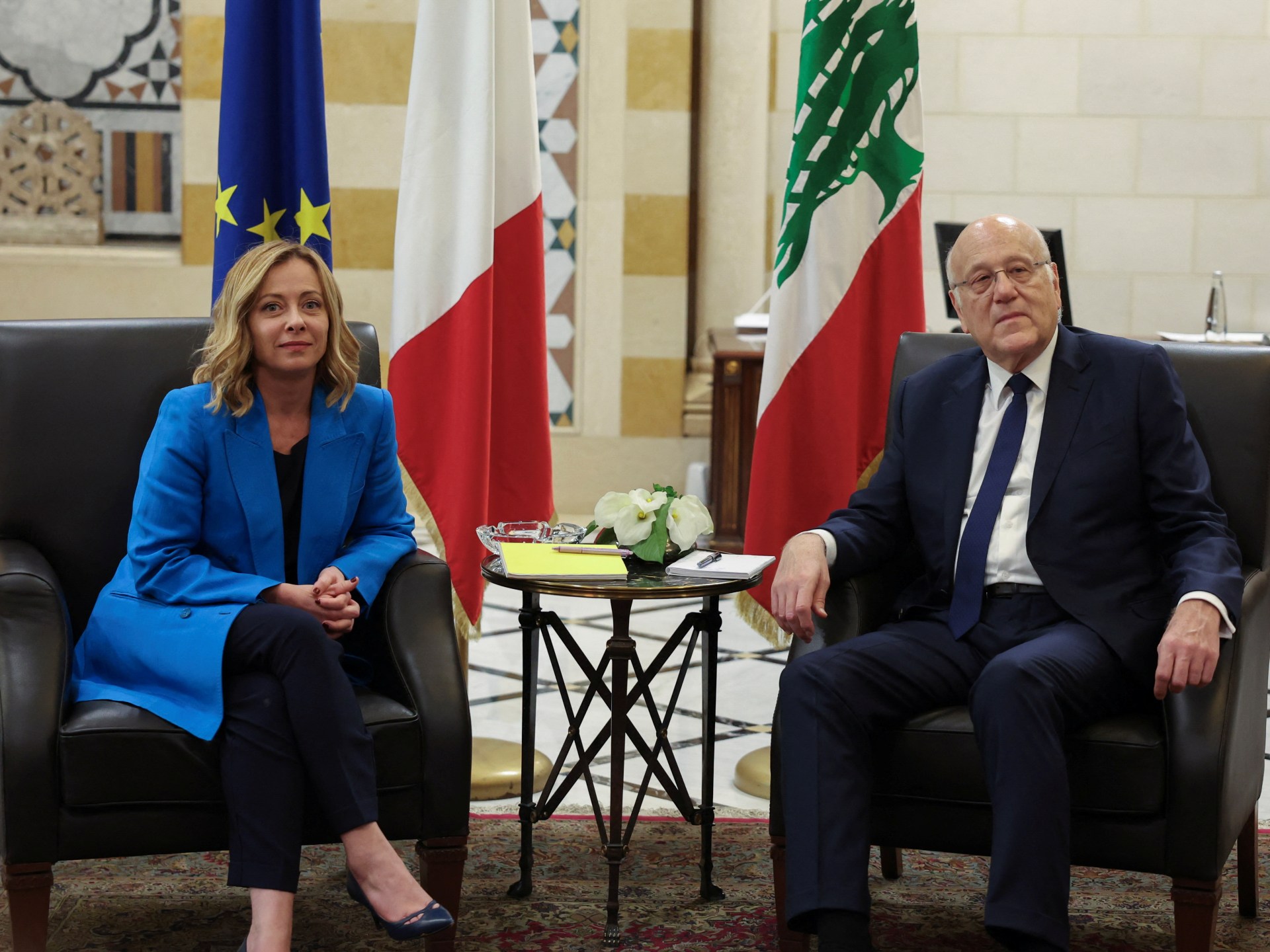
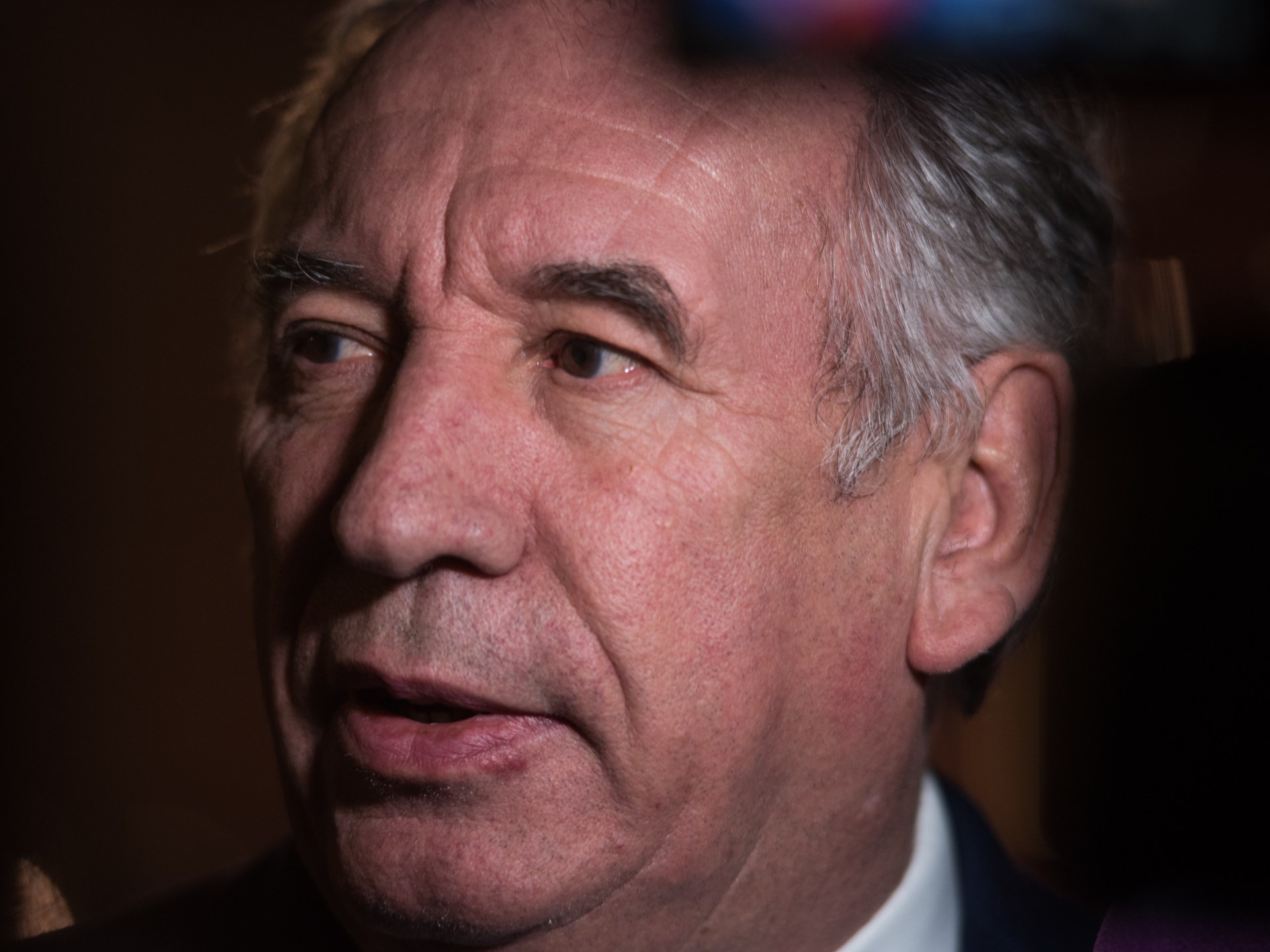
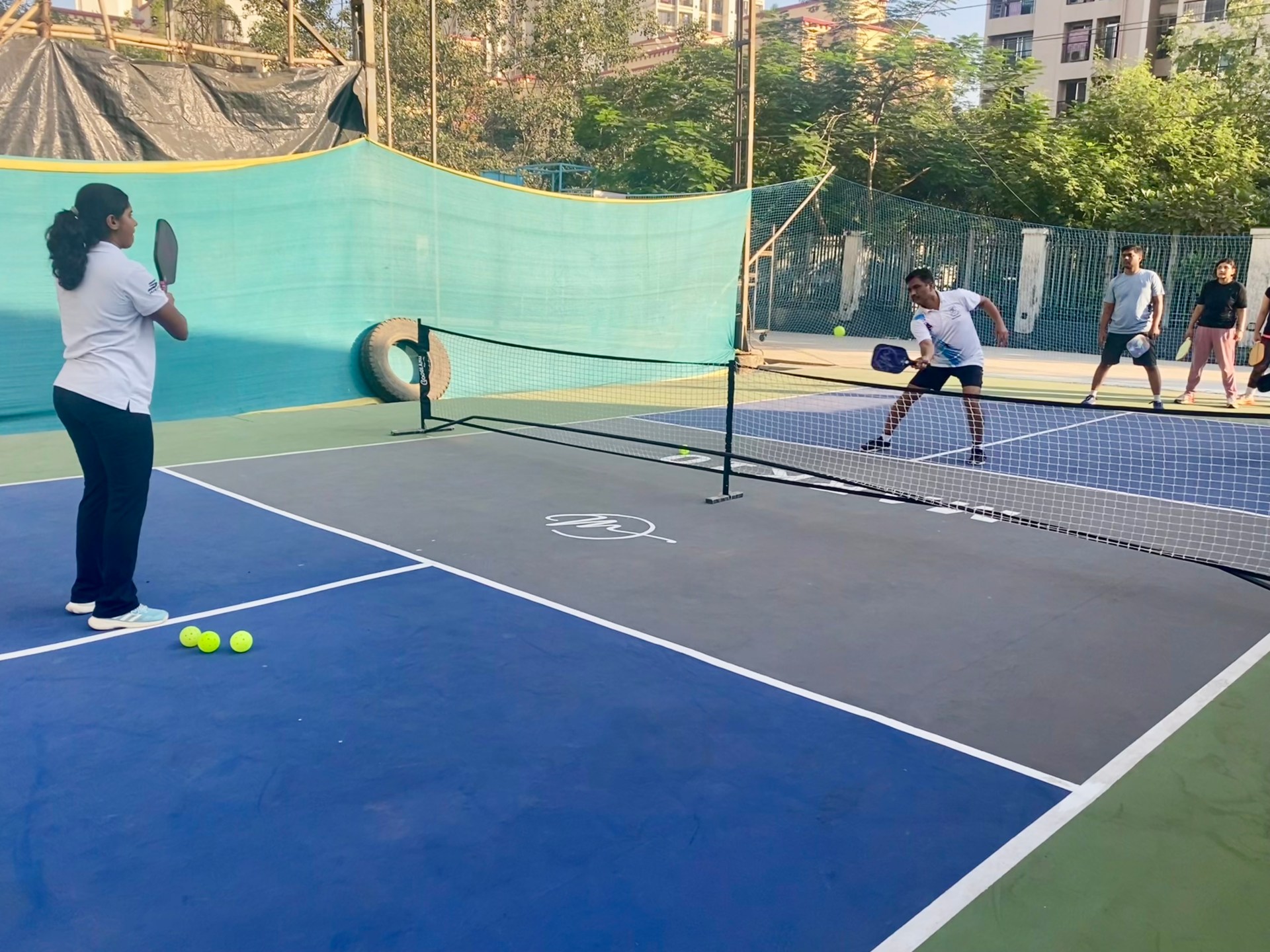
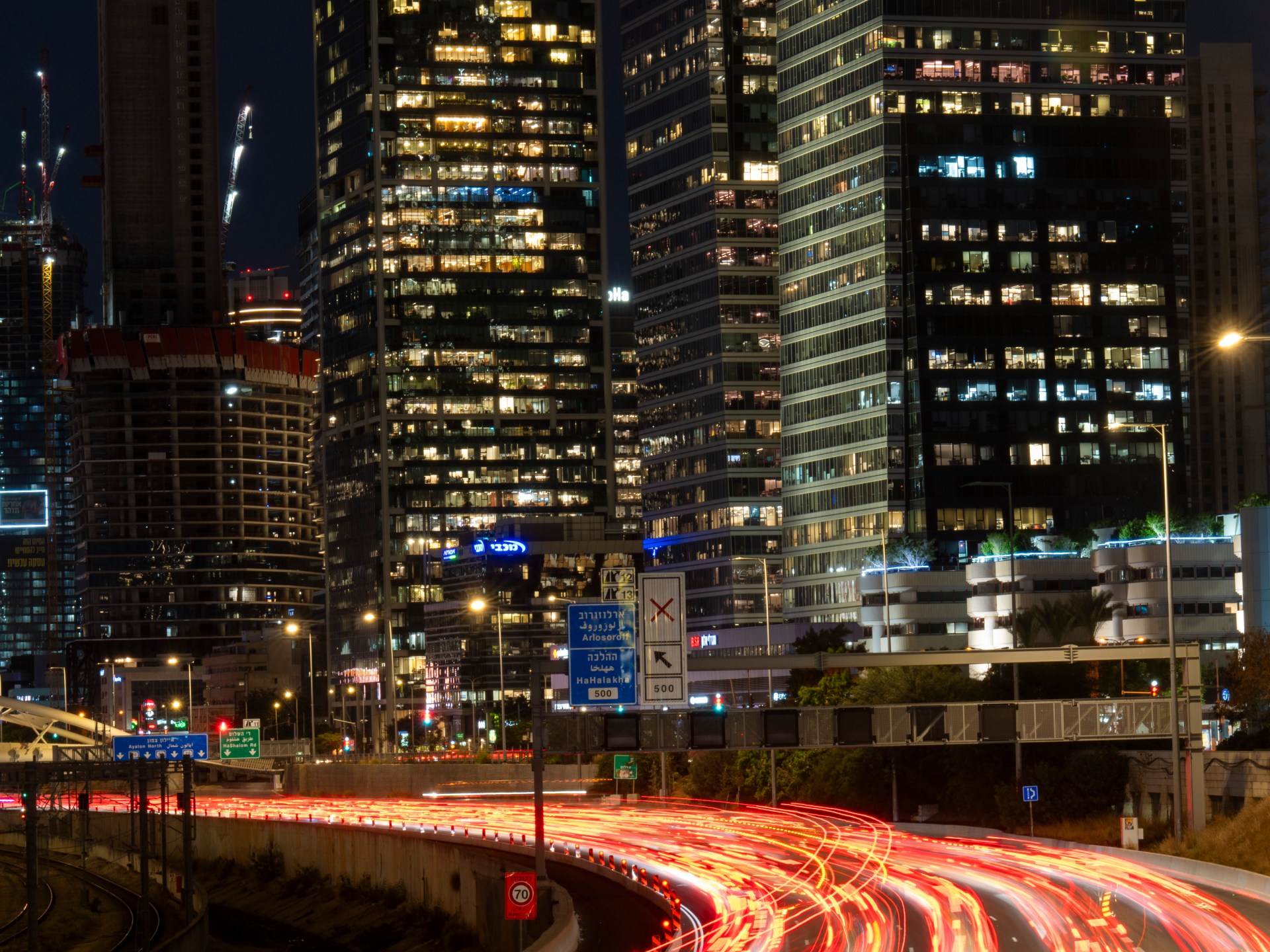
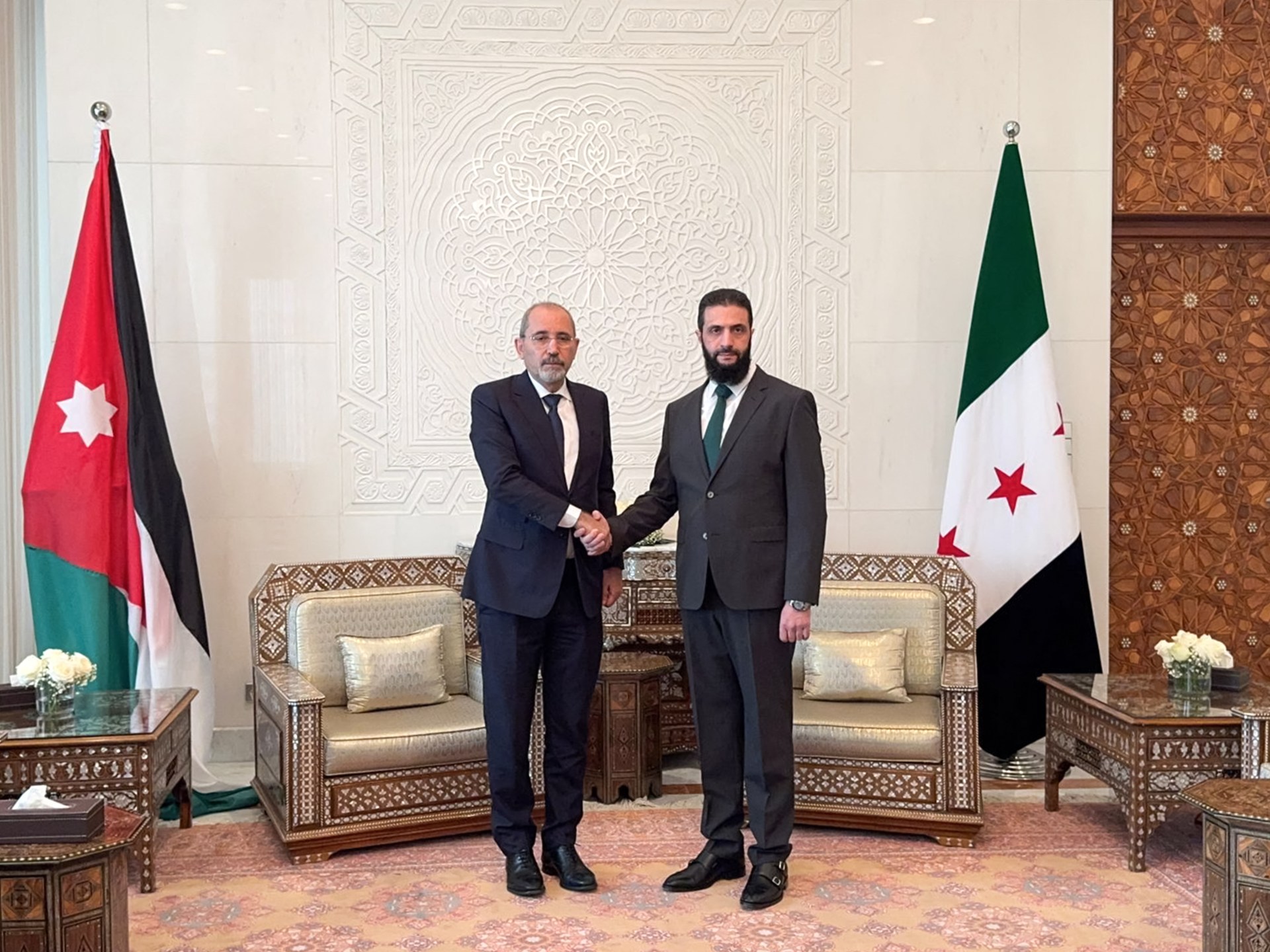
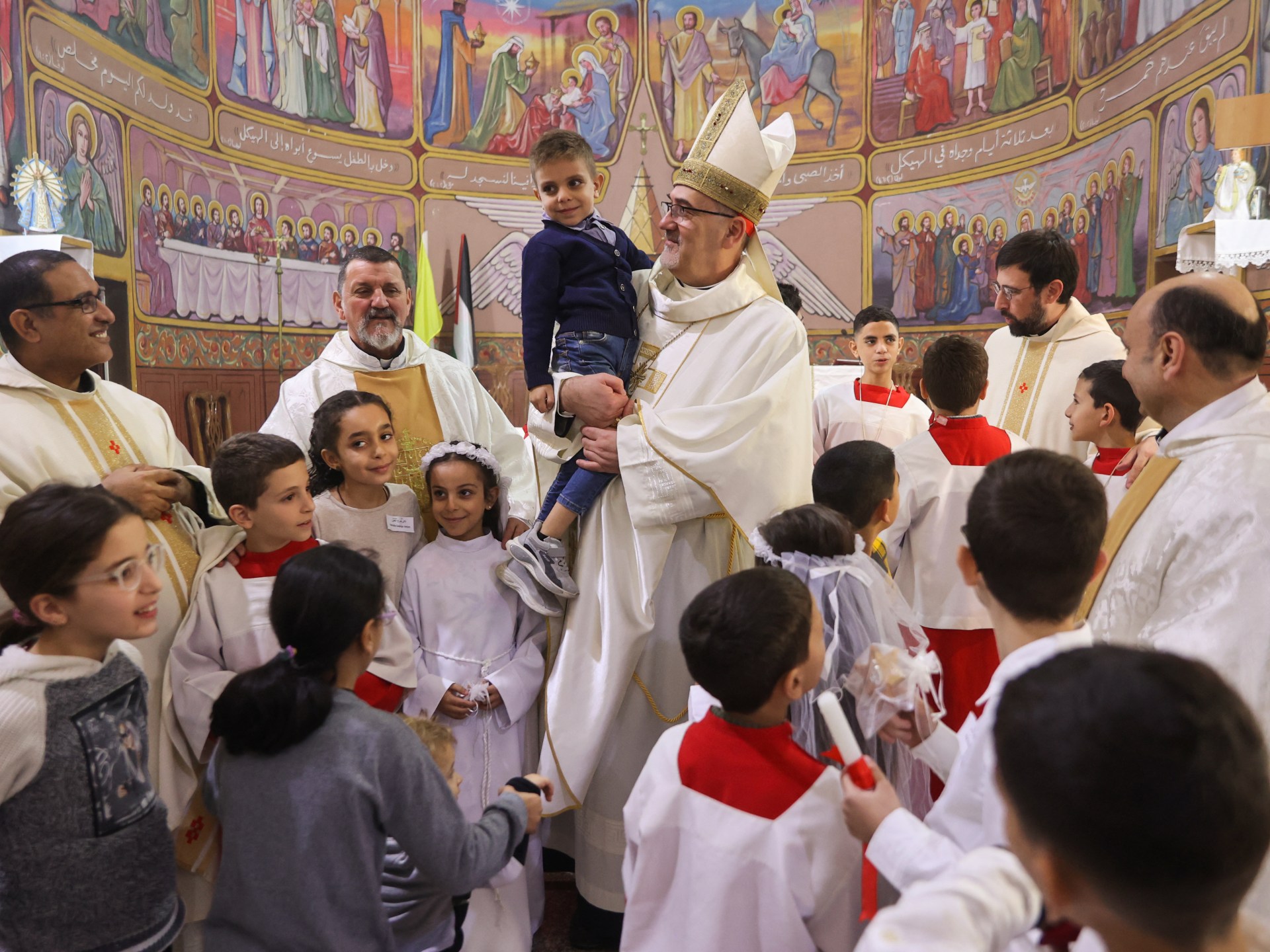
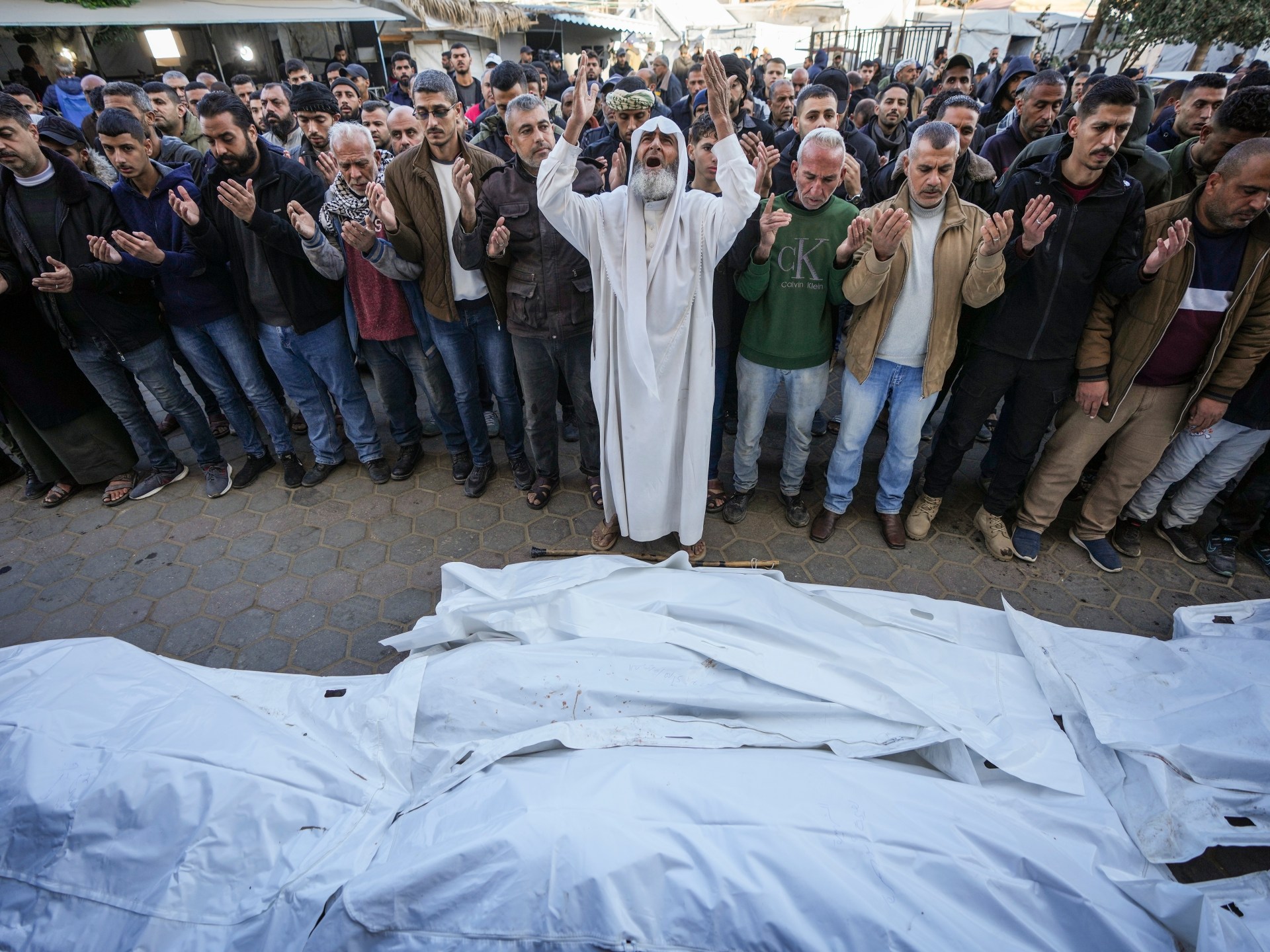
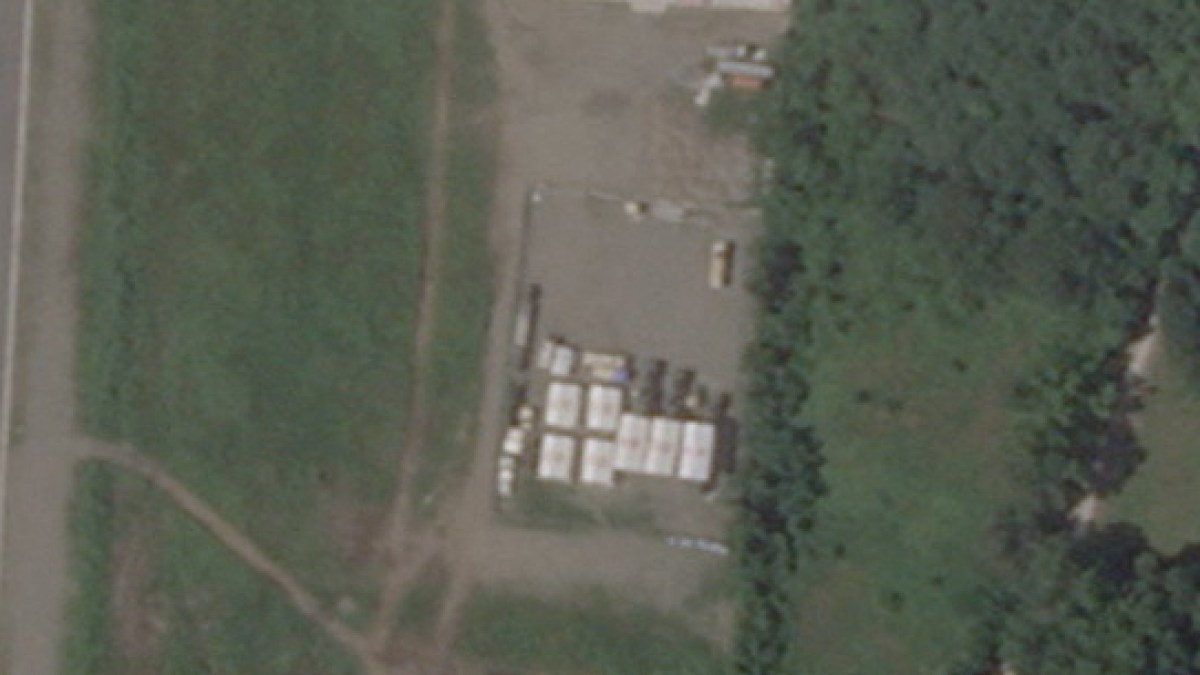
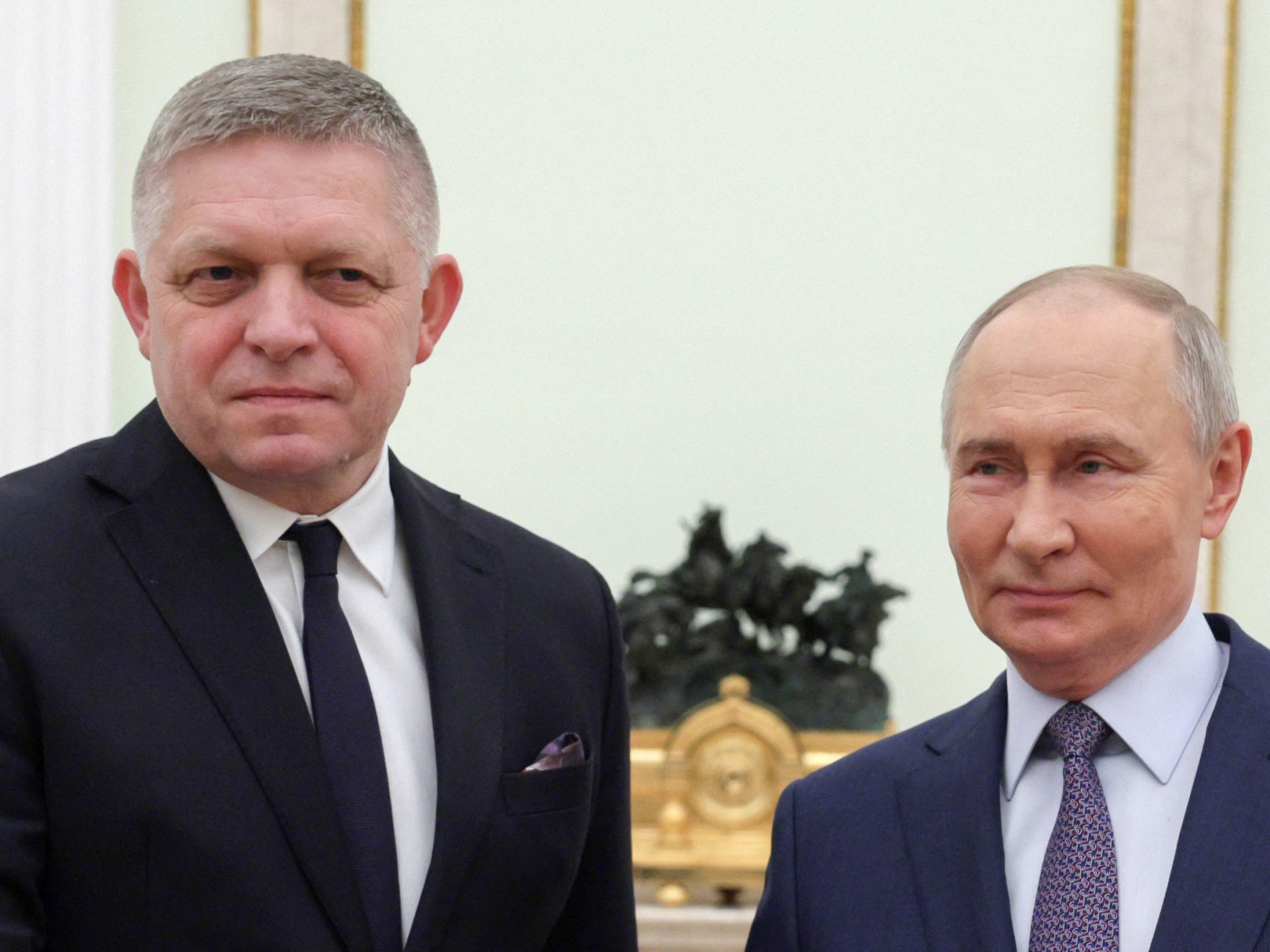
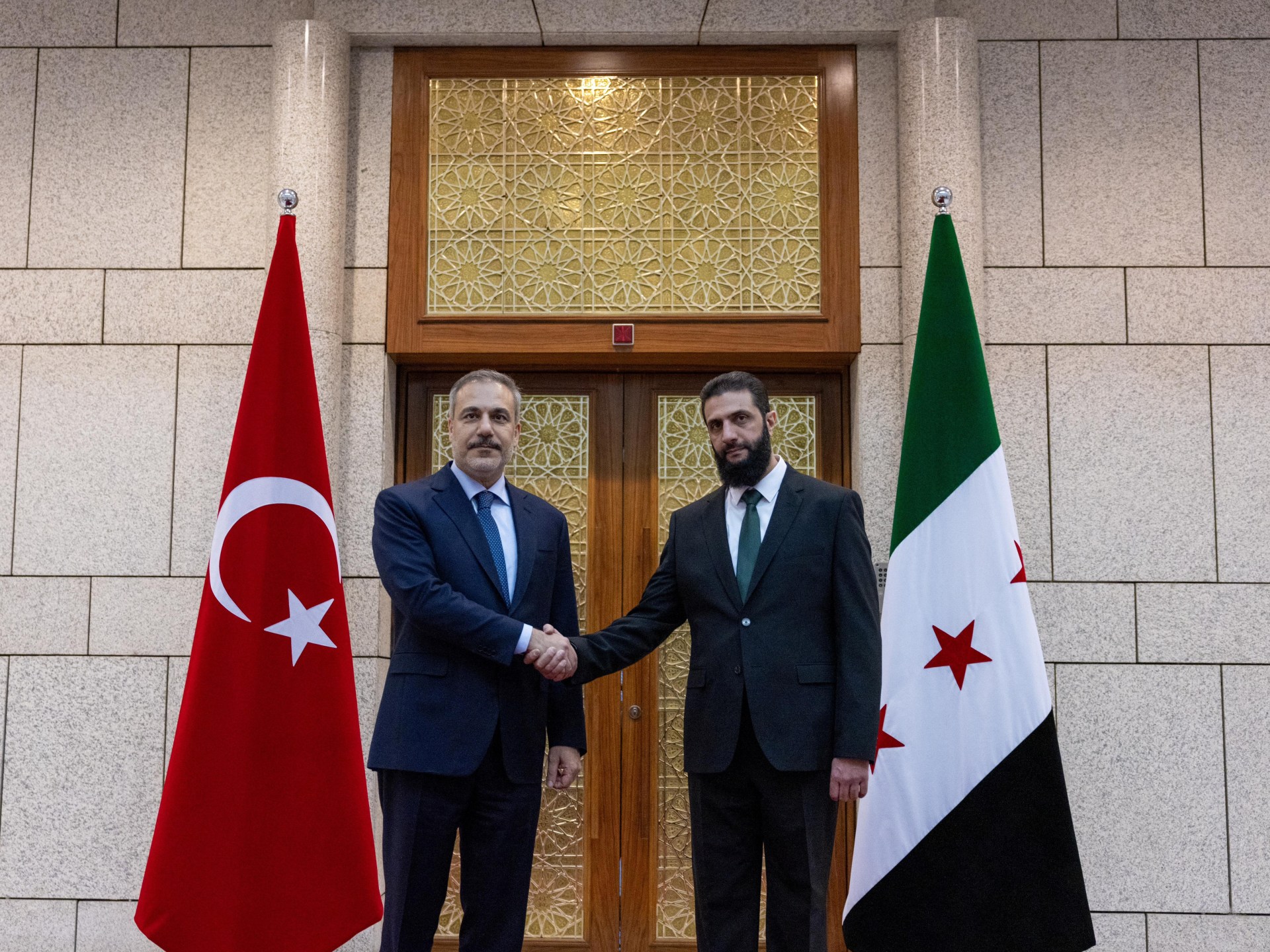
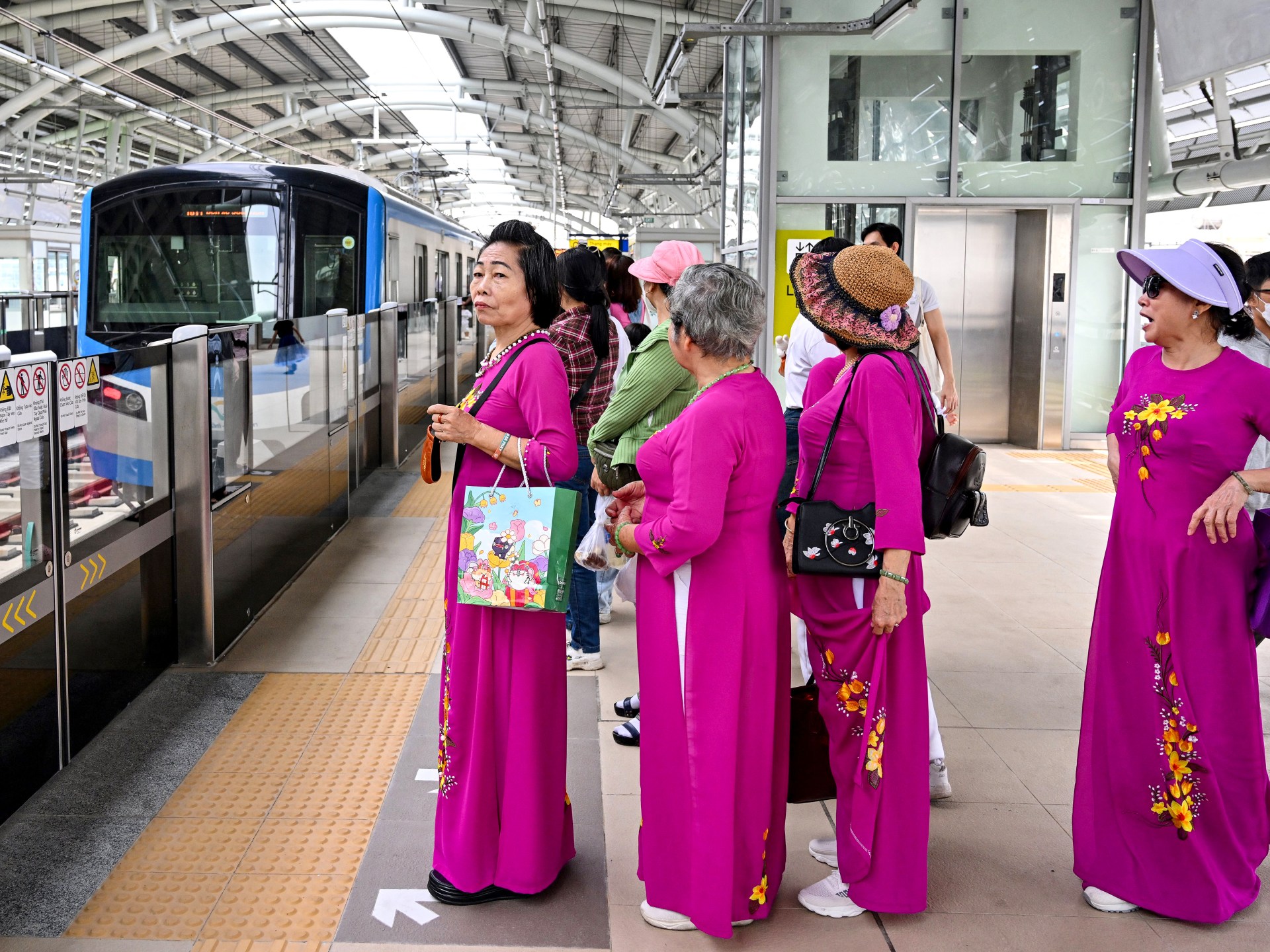
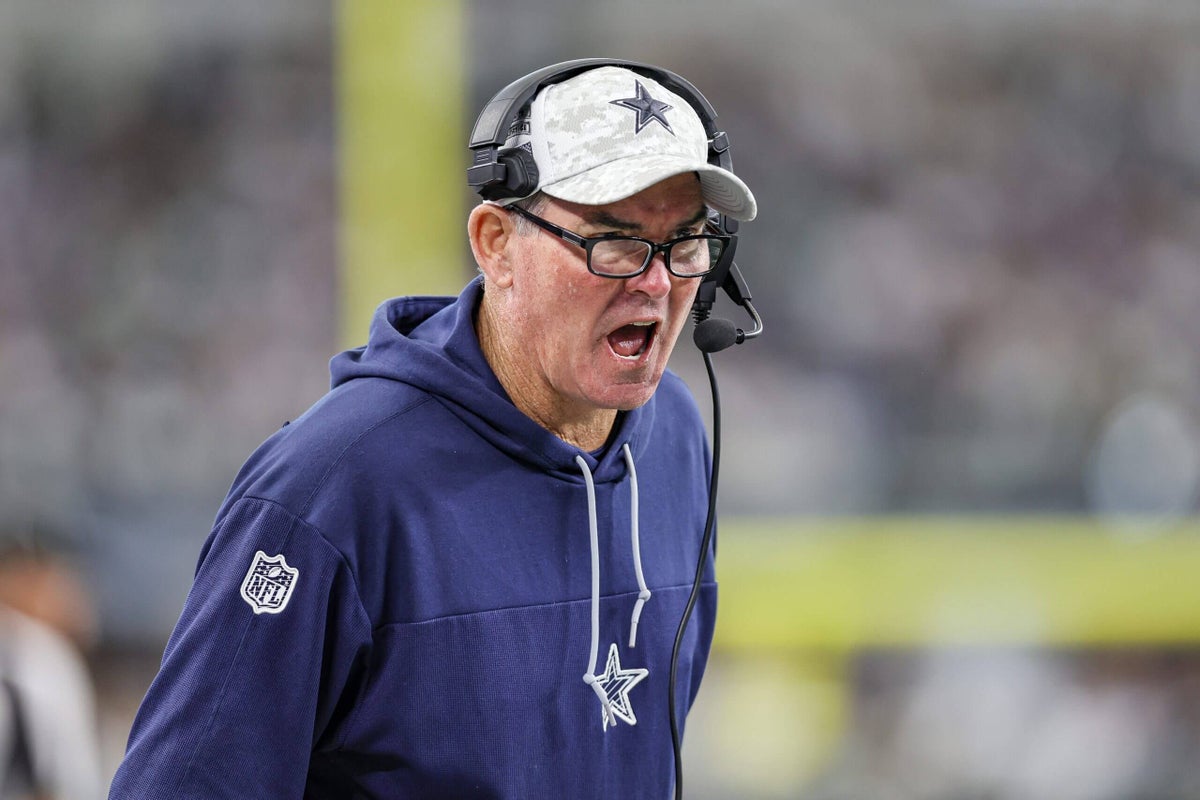
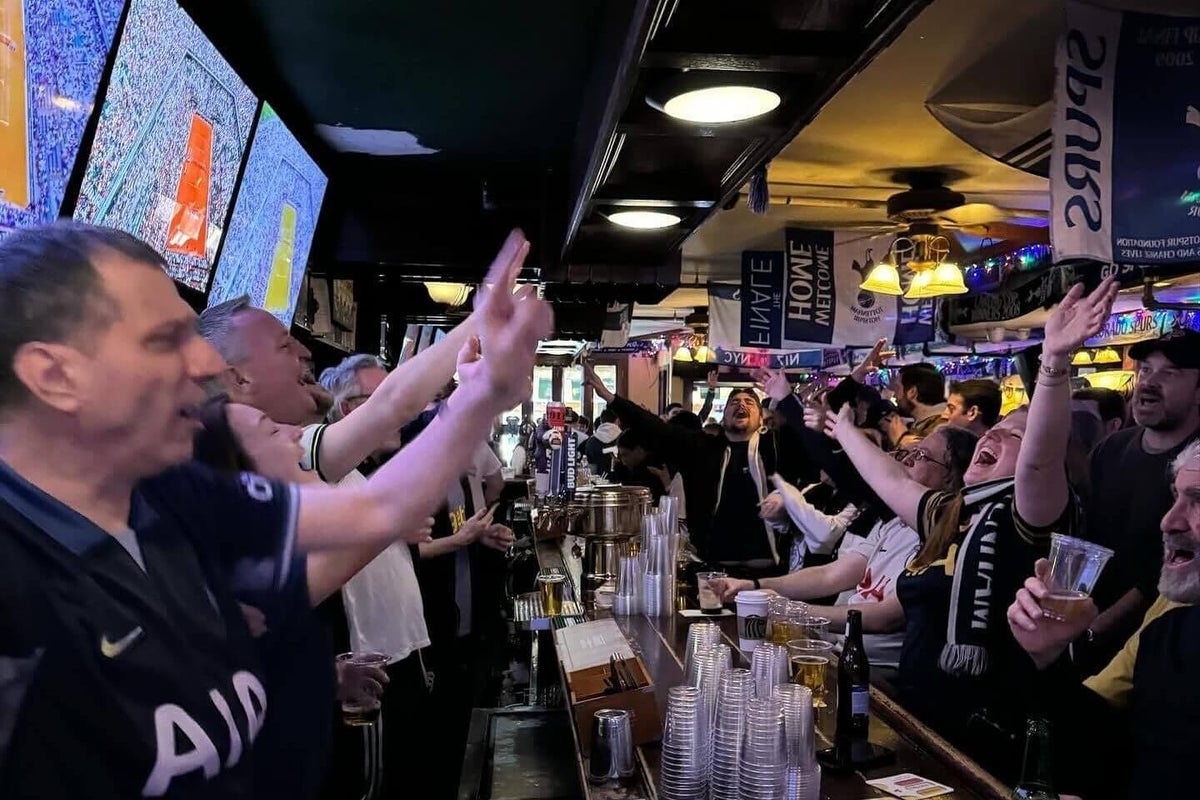
Leave a Reply